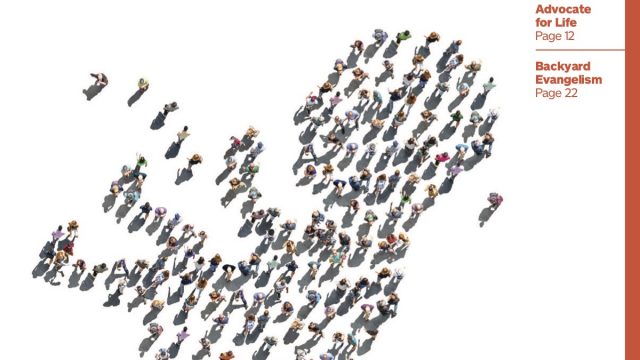Why did God ask Job so many questions at the end of the book of Job?

Why did God ask Job so many questions at the end of the book of Job?
The traditional view is that God was showing Job that He, not Job, is sovereign Lord of the cosmos. The problem with this answer is that Job never claimed to be competing with God for cosmic sovereignty. Allow me to offer a few suggestions.
1. Questions and the Prologue
In order to gain a better understanding of God’s two speeches (Job 38-39; 40-41), we should remember that Satan accused God of not ruling the cosmos with justice and love. He further argued that by being the Provider, God was buying the service of humans, who then served Him out of selfishness (Job 1; 2). In the first speech God discussed creation in general, saying little about humans. He discloses Himself as the Creator of everything: the earth (Job 38:4), the sea (verses 8-11), and all natural phenomena (verse 12). He established boundaries for inanimate creation to function in an orderly fashion (verses 4-8, 10, 11, 25) and demarcated animal behavior (Job 39:1, 2, 17). He also established the ordinances (laws) that rule the starry heavens (Job 38:31-33). God established creation not on chaos but in order, and He continues to preserve and provide for it even in a world of sin and death (cf. Job 38:39-41; 39:27-30; 38:17).
2. Is He a Just and Loving God?
Why does God care so much for the natural world? The question suggests that He does it because this is the way He is; it is His nature to care for His creation. Job certainly could not do it, because He was not even present when God began to create (Job 38:4), and in any case Job lacks the power required to provide and preserve the natural world (verses 34-38; 39:9, 10, 19); no creature can do such a thing. Only a God of wisdom and love would care for the cosmos. He does not do it for some personal benefit, as Satan suggested, that would satisfy some unfulfilled needs in His inner being. He does it because He is good and caring. This is how He rules the universe. He cares for the impersonal wilderness, where no one lives, and sends rain to beautify it with soft green grass (Job 38:26, 27). When ravens cry to God for food, He provides it for them (verse 41). The theological implication for Job is that God still cares for him in the midst of his troubles, at least as much as He cares about the natural world. His pain and suffering have not separated them from each other. This is the implied answer to Job’s concerns. Job, for his part, demonstrated that He loves God unconditionally.
3. God’s Final Victory Over Satan
Through the abundance of rhetorical questions, God shows Satan that He cares for every aspect of His creation without any ulterior motive, but out of pure love. Job’s friends are indicted for misrepresenting God when arguing that He is practically indifferent to human suffering, and that He cares only for those who obey Him and is wrathful toward those who oppose Him. Yes, there are wicked persons, but during the cosmic conflict God sometimes uses nature to overcome them in battle (Job 38:22, 23), announces that light will ultimately reveal who they are (verse 13), and affirms their final defeat (verse 15). These ideas are further developed in God’s second speech (Job 40; 41), where He describes His control over the behemoth and His defeat of Leviathan, symbols of evil within His creation.








